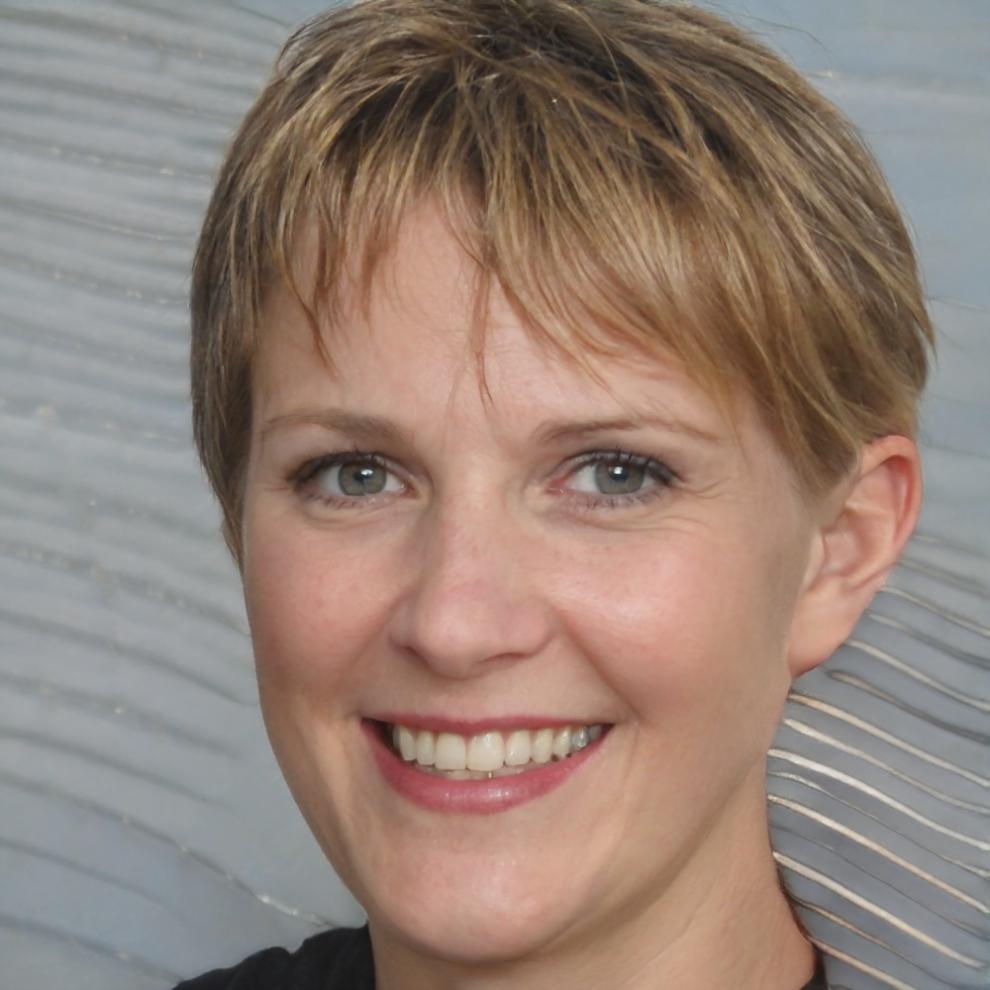How we help you build financial confidence
Everyone's money situation is different. That's why we focus on teaching principles you can adapt to your life, not cookie-cutter advice that rarely fits real circumstances.
Budget foundations
Learn to track spending without obsessing over every dollar. We'll show you how to spot patterns and make adjustments that stick.
Debt clarity
Credit cards, personal loans, car payments—it all adds up. Figure out which debts to tackle first and build a plan that feels manageable.
Savings systems
Even small amounts matter when you're consistent. Discover approaches that help you save without feeling like you're constantly sacrificing.

Meet Mirela Kovalenko
Lead Financial Educator
I spent years making every money mistake you can imagine. Maxed credit cards. Zero emergency fund. Living paycheck to paycheck despite a decent income.
What changed? I stopped pretending I knew what I was doing and started learning from scratch. Turned out most financial advice was either too complicated or completely ignored real life constraints.
Now I teach people what I wish someone had taught me—practical money skills that actually fit into busy, messy, real lives. Our programs start in September 2025, giving you time to think about your goals.
What you'll actually learn
These aren't theoretical lectures. Every session connects to situations you face—from grocery shopping to emergency repairs to long-term planning. We cover the stuff that matters when you're trying to make your money work better.

Income and expense mapping
See where your money actually goes each month. Most people are surprised when they track properly—you might be too.
Priority-based spending
Not everything is equally important. Learn to identify what truly matters versus what feels urgent but isn't.
Emergency preparation
Car breaks down. Boiler stops working. Build a buffer so these inevitable events don't derail everything else.
Future planning basics
Retirement feels distant when you're 30. But small steps now make a massive difference later. We'll show you how to start.
Real progress from different starting points
Everyone begins somewhere different. Here's what progress can look like.


